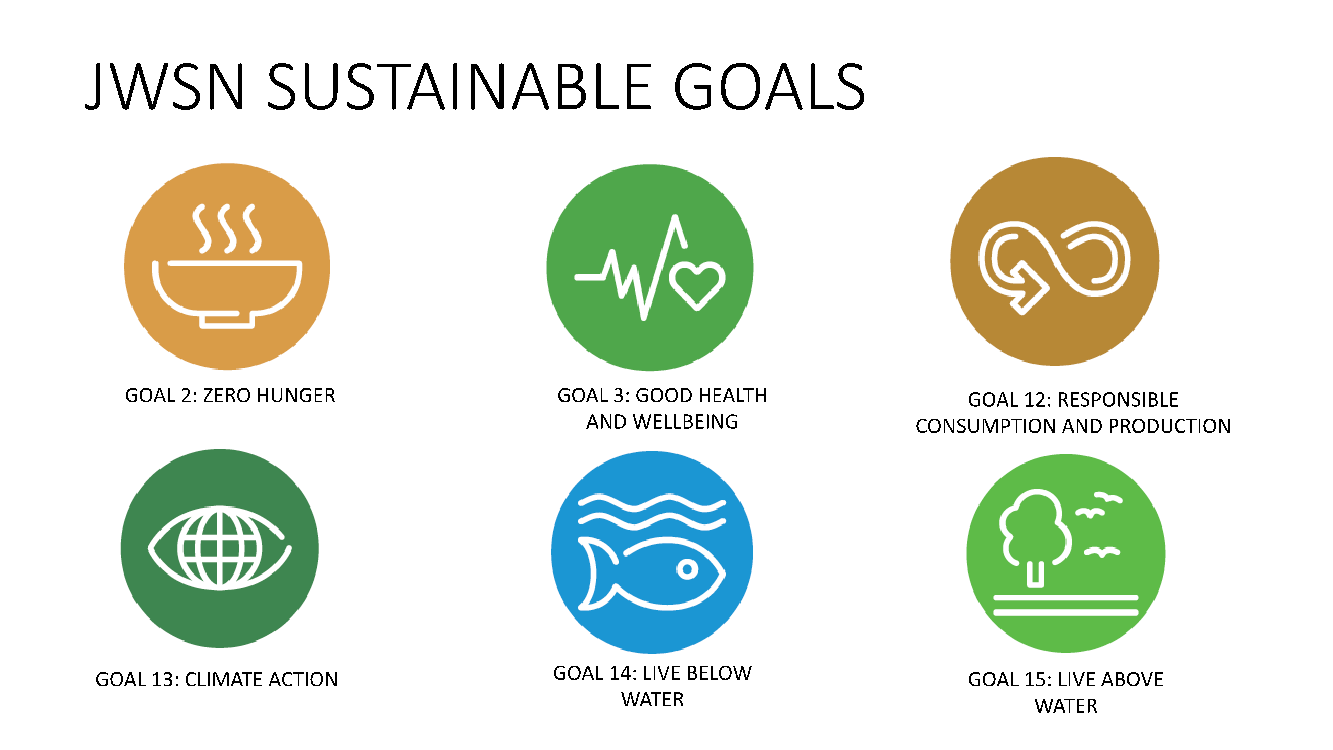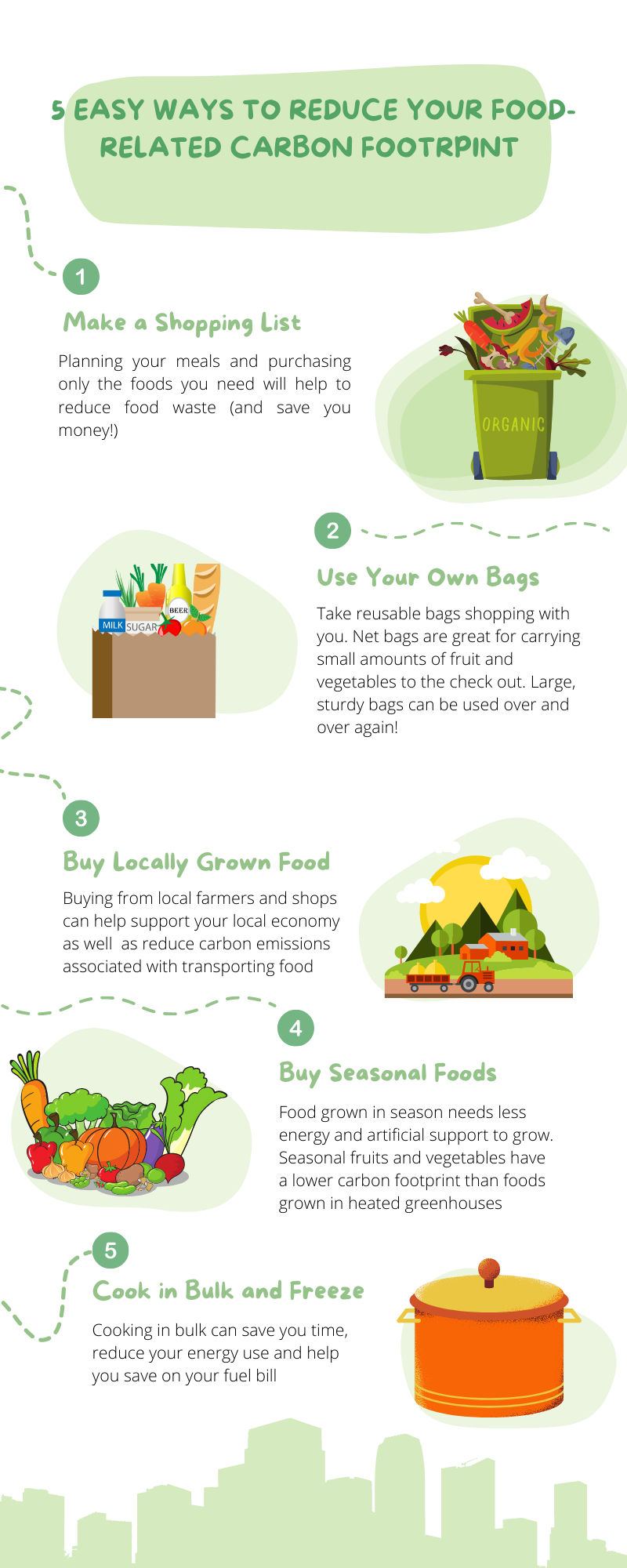With so much coverage why then is global warming a growing issue? At JWSN, we want to help change that.
Sustainability With Food
That’s not all. On top of the burden of food production, 2.5 billion tonnes of food are thrown away each year. Obviously, any food that is produced but then not eaten is a completely unnecessary addition to the burden of greenhouse gas emissions. In this case, a whopping 10% of preventable greenhouse gas emissions are emitted every year. If you need a bit of help getting these food waste facts into context, the emissions from food waste are nearly twice as much as the annual emissions from all the cars in the USA AND Europe. Bearing in mind that greenhouse gas emissions are associated with global warming, climate change, the incidence of natural disasters, food and water insecurity, economic disasters and ultimately our survival (4), isn’t it time we committed ourselves to changing our food-related behaviours?

What is Sustainable Nutrition?
Sustainable eating encourages dietary changes that help lower food-associated carbon emissions as well as being good for your health. Sustainability also means keeping those changes going for long-term results.
We are producing resources to help support you in making changes. You’ve already got too much to do on your daily list, so we aim to guide companies, their employees, and any willing individual into living a more sustainable (mostly relating to food and nutrition because that’s what we do) lifestyle.
You can reduce your carbon footprint in so many ways. Greenhouse gas emissions relating to food and nutrition extend way beyond the boundaries of your plate. Over time, we will aim to support change across the entire food production pathway and on to your household waste bin. We hope you will even find it interesting.
At JWSN we aim to support progress, no matter how great or small, in reaching some of those goals.

For more information about the Sustainability Development Goals continue reading from the UN website https://www.un.org/sustainabledevelopment/
We are proud that our Food Sustainability resources and activities are supported by Clean Growth and Low Carbon Across the Southeast (LoCASE) programmes. Just saying!
What is Sustainable Nutrition?
Here are a few pointers to guide you towards a more food-sustainable lifestyle. There’s much more to come!

And remember, less food waste means less money spent on your weekly shop. In fact, you can save over £500 a year by reducing your food waste (5)
Look out for our short Food Sustainability Course that’s coming at the end of September. The course is just 4 hours long and it will guide you through making easy, meaningful changes to lower your carbon footprint. By the end of the course, you will feel proud of your commitment to slowing climate change alongside the benefits to your health and well-being.
Alternatively, we can work with you to provide bespoke and personalised advice and solutions. Have a look around our website for more information on what we do.
Spread the word! Don’t keep our food-related sustainable solutions to yourself. Ask your workplace to sign up for our articles so that colleagues can start to reduce their carbon emissions too.
BOOK A CONSULTATION
We want to help you learn about climate change, and most importantly how you can help stop global warming. It’s so much easier than you think and not only are you likely to be healthier as a result, but you will have helped achieve something greater and more important than any other issue in the world today.
Visit our website for more information and inspiration
You’re never to small to make a difference








